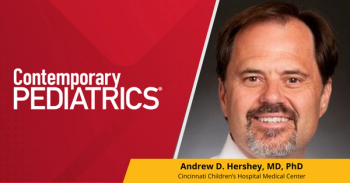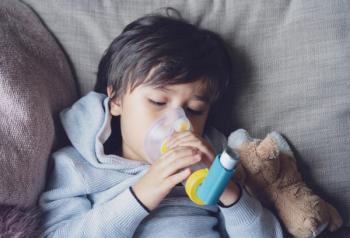
Viewpoint: Community is necessary for complete influenza immunization
A discussion of the problems associated with the new CDC recommendations for immunizing children with the flu vaccine.
Mention polio vaccination to anyone older than 50 who was living in the United States during their elementary school years, and they will recall lining up for sugar cubes laced with polio vaccine. They were likely accompanied (though they may not remember this part) by relieved and hopeful parents who trusted that they no longer had to fear the paralyzing infection that limited group activities every summer. The other thing those older than 50 will remember is that the queuing was a community activity that took place not at a physician's office or clinic, but at their local public school.
Once again, physicians are being challenged to develop a mechanism for immunization of almost all children against a virus that circulates every year. For reasons that are difficult to understand completely, this virus doesn't generate the fear that polio did, though every year it results in hospitalization and death. More often, however, it causes respiratory illness that keeps children home from school, parents home from work, and pediatricians' offices crowded.
This virus, of course, is influenza, and recent draft recommendations from the Centers for Disease Control and Prevention's Advisory Committee on Immunization Practices (ACIP) predict a need to develop an even more complex immunization strategy than was required for the implementation of polio vaccination recommendations. The ACIP is recommending annual influenza vaccination for all children from 6 months to 18 years of age. It also recommends that the 2008/2009 fall and winter season be used as an opportunity to develop strategies to allow for full implementation of the recommendations in time for the 2009/2010 influenza season.
The polio immunization efforts of the 1950s were seen as a community mandate and implemented by local health departments and school systems. The environment has changed now, and there are some segments of the public that will see these influenza vaccination recommendations as yet another threat to their autonomy with regard to their children's health. On the other hand, pediatricians and public health officers recognize that, acknowledging the limitations of the currently available vaccines, there is reason to believe that successful implementation of these recommendations is likely to result in reduced febrile respiratory illness, fewer hospitalized infants, reduced school absenteeism, less transmission of influenza to very young infants and the elderly, and a decrease in prescriptions for antibiotics that are ineffective against influenza.
So, how will the pediatric community respond to this challenge? Will pediatricians simply order more vaccine and hope that the public gets the message? Will offices implement efforts to notify the parents of each child in their practices and then hope that they show up (but not all at once) and that there is enough vaccine on hand when they do? Or will individual pediatricians, local AAP chapters, city and county health departments, and school systems work together to develop effective systems for reducing influenza infection among our patients and their family members?
The proposed recommendations for annual influenza immunization have the potential to lead to anger, frustration, and partial success. Or, if everyone with responsibility for the health of children works together, they provide an opportunity for reducing illness, hospitalization and death among our patients and their family members.
Newsletter
Access practical, evidence-based guidance to support better care for our youngest patients. Join our email list for the latest clinical updates.








